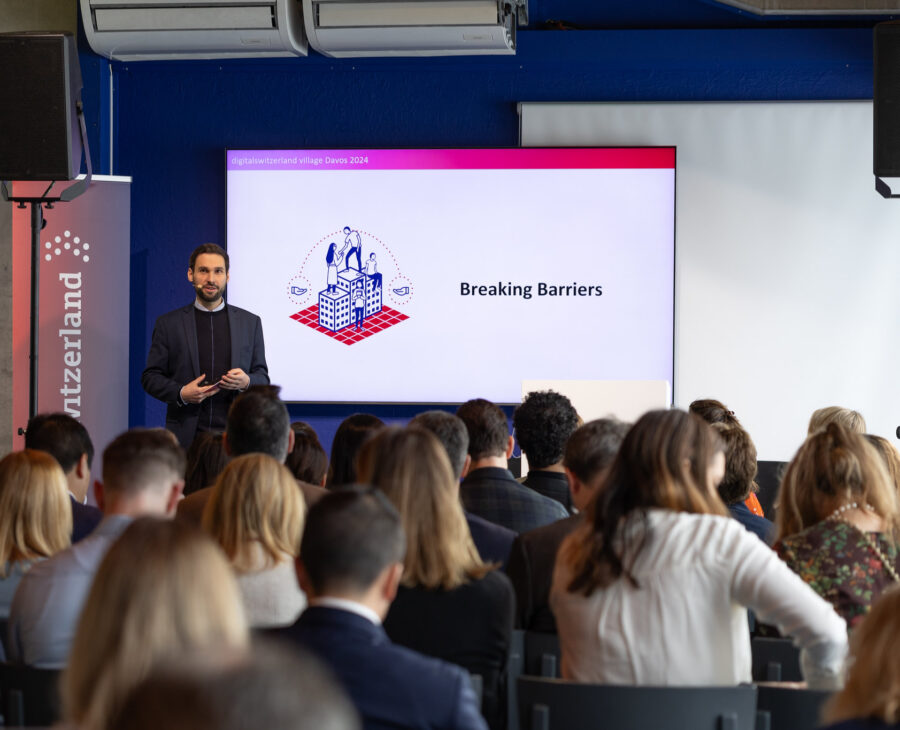The Swiss 2014 law called WeBIG, which came into effect in 2017, defined lifelong learning as a personal responsibility and set the framework to finance lifelong learning within strict parameters. Within this framework, the State Secretariat for Education, Research and Innovation (SEFRI) may grant financial assistance to organisations active in the field of lifelong education or conclude service agreements with these organisations for information and coordination, quality assurance and for the development of continuing training. The most recent figures mention CHF 5.3 billion spent on lifelong learning in Switzerland, most of which was disbursed by private enterprise and individuals.
At the digital#lifelonglearning event co-organised by digitalswitzerland and FSEA/SVEB, many of the presentations converged on one key message: to paraphrase Spiderman’s famous “with great power comes great responsibility”, with great changes come great learnings. As society evolves and the revolution 4.0 changes paradigms, behaviours and interactions, people will need to adapt to manage their relationship with technology and the new demands it creates. The question becomes do you want to submit to technology or do you want to manage technology in your life and career?
We live in an increasingly individualised world, captivated by screens. It is each of our responsibility to train and learn lifelong. That is a bit simplistic. While the online offer is broad, some people use these opportunities and others don’t, even though much of the trainings are free. Has free training lost its value in an ultra-liberal world? Have people not realised that ongoing training and learning is an imperative to remain employable? Is the decreasing income of the middle classes resulting in a focus on what is perceived as essential versus “nice to have” like continuing education? Are employers not engaged enough in the dialogue to convince employees that lifelong learning is essential?
Currently employers and employees bear the brunt of the financial load of lifelong education in Switzerland. Employers pay in direct and indirect ways: by paying for the training and giving time off to learn, providing equipment and space. At the session on lifelong learning at the Salesforce Basecamp, panelists debated on how much time should be devoted to lifelong learning. Many argue that learning should be embedded in a weekly practice, in one form or another, online or offline. Questions from the audience were about how to know what trainings to plan or how to convince employers to hire the over 50s. The discussion continues and the more people join, the greater the chance to embed lifelong learning in our culture!






